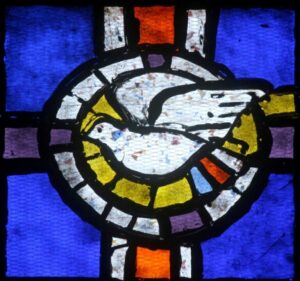Religious Community
 A religious community is a group of individuals aiming to fulfill the goals of a particular religion. It may serve as a local branch of a corresponding religious association.
A religious community is a group of individuals aiming to fulfill the goals of a particular religion. It may serve as a local branch of a corresponding religious association.
Religious associations are unions of churches and equivalent religious organizations or communities that pursue the goals of the same religion. An association must consist of at least two religious communities with a shared leadership structure.
In the Republic of Lithuania, nine traditional religious communities and associations are officially recognized: Latin Rite Catholics, Greek Rite Catholics, Evangelical Lutherans, Evangelical Reformed, Orthodox (Eastern), Old Believers, Jews, Sunni Muslims, and Karaites.
Non-traditional Religious Associations
Other (non-traditional) religious associations may be recognized by the state as part of Lithuania’s historical, spiritual, and social heritage if they are supported by society and their teachings and rituals do not contradict the law or morality.
Traditional religious communities and associations are not required to be registered in the Register of Legal Entities. Other religious communities and associations acquire legal entity status upon registration in this register.
A religious community may be registered if it unites at least 15 adult citizens of the Republic of Lithuania. A religious association may be registered if it includes at least two religious communities. Religious communities and centers belonging to a registered religious association acquire legal entity status once they are acknowledged by the association’s leadership and this is officially reported in writing to the Ministry of Justice of Lithuania.
Religious communities and associations in Lithuania have the right to freely organize according to their hierarchical and institutional structures, and manage their internal affairs independently according to their own canons, statutes, and other internal rules.
Summary
In the Republic of Lithuania, religious communities, associations, and centers may own places of worship, residential buildings, and other structures, as well as production, social, charitable facilities, and other property necessary for their religious activities.
